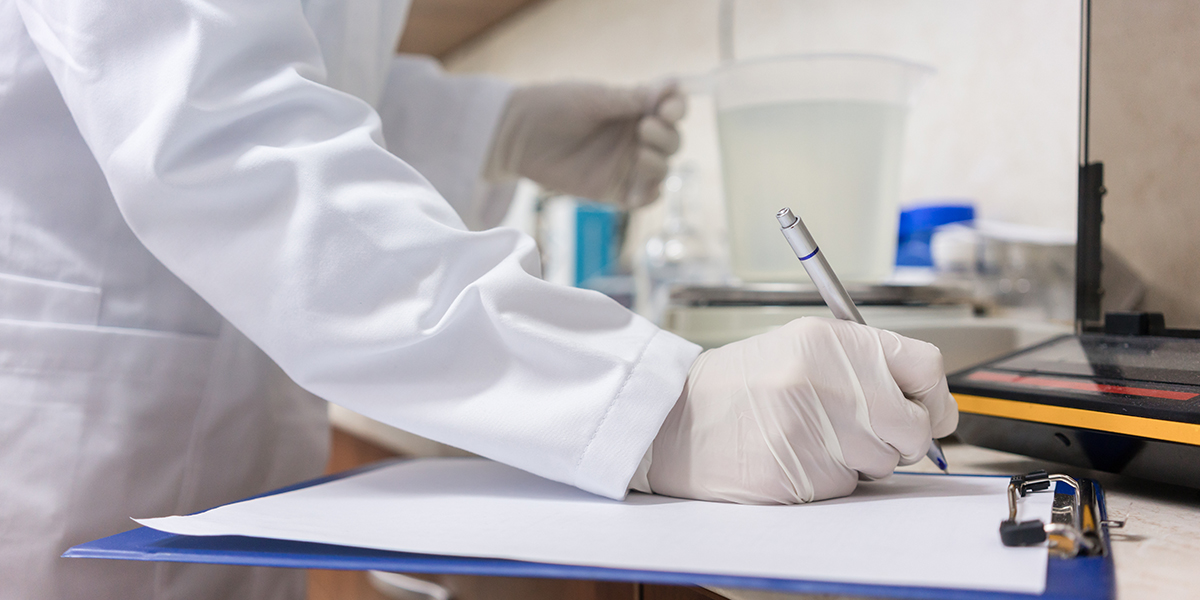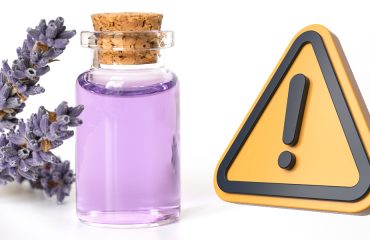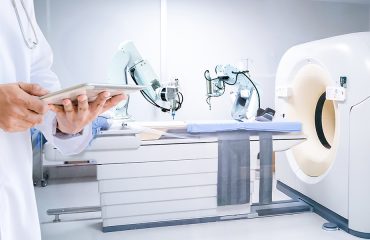NMPA Cosmetic Sampling Inspection Measures come into force on March 1, 2023.
The cosmetic sampling inspection measures were first proposed in a draft for comments back in June 2022 and the final version has just recently been published.
Sampling inspections already take place in China but this set of measures strengthens the management of the whole process of sampling, inspection, re-inspection and handling of objections, verification and disposal, and information disclosure.
The NMPA Cosmetic Sampling Inspection Measures affect cosmetic manufacturers, distributors, retailers, domestic responsible persons as well as Chinese authorities responsible for the inspections. The Measures include 61 articles in 8 chapters.
Summary of the legislation
- Each year the NMPA will develop a national cosmetics sampling inspection plan which will be coordinated at the national, provisional and city level.
- The sampling inspection of cosmetics will focus on six categories of products:
- Children’s cosmetics and special cosmetics
- Cosmetics containing new raw materials
- Cosmetics which are/have been subject to adverse reaction monitoring, safety risk monitoring, complaints and reports, public opinion monitoring, or other regulatory work
- Cosmetics which have had a relatively high failure rate of previous sampling inspections. Please note that sampling records are retained by the authorities for 6 years so this can affect how often your product may be sampled if it has already failed such sampling inspections
- Cosmetics which have wide circulation and the high frequency of use
- Cosmetics which have high safety risks.
- Cosmetics producers and operators will not be informed in advance about the sampling.
- There are two locations for where the samples can be collected from:
- On site, in which case a certificate of the sampling undertaken will be presented to representatives of the manufacturer, distributor or domestic responsible person or other economic operators such as retailers
- Online, in which case a simulated online shopping process will be carried out but neither the manufacturer nor the economic operator (online retailer) will be informed of the purpose of purchase.
- Manufacturers, distributors or economic operators will receive a sample fee as reimbursement for the cost of the cosmetics being sampled. Typically, this will be the factory price for manufacturers and the market price for distributors or retailers.
- Any sample that is found to be abnormal will be subject to further investigation. Abnormal means:
- Cosmetics that are found not to have been filed or registered
- Exceed period of use ie are on sale after shelf life has expired
- No Chinese label is affixed
- Labeling content that is prohibited such as claims
- Other reasons of possible illegality.
- When investigations are conducted on overseas cosmetics registrants and filers, they may entrust their Domestic Responsible Agent (DRA) who is allowed to assist in investigations, sign and receive relevant law enforcement documents, on their behalf.
- An inspection conclusion report will be issued by the inspecting agency on whether the inspection results of the sampled products comply with the regulations. This will be based on the compulsory national standards, technical specifications, and the technical requirements specified in the registration or filing materials of cosmetics.
- For cosmetics that fail the sampling inspection, the registrant or filer shall have 7 working days to submit an objection This can be done by your DRA. A formal written request for a re-inspection subject to certain criteria can also be made with a power of attorney given to the DRA.
- If the samples are found to endanger human health or there are serious risks, then measures will be taken to order the suspension of production and sales of the cosmetics. Safety warning information will be issued by the local government departments.
- The authorities shall order manufacturers to immediately stop production and recall the cosmetics that have been put on the market for sale in accordance with Article 53 of the CSAR.
- Typically, this happens for 3 reasons:
- Where prohibited raw materials are detected in the sampled products, the production of all products that may involve the prohibited raw materials shall be stopped
- Where the microbiological test items of the sampled product do not comply with the provisions, the production of all products in the production workshop of the product shall be stopped
- If the sampled product is found to be unqualified for inspection items other than prohibited raw materials or microorganisms, the cosmetics registrant or recorder shall assess the quality defects or other problems existing in the product and whether it may endanger human health, and decide on its own, the scope of products to be stopped.
- The registrant or filer is required to complete a self-inspection to find out the reasons for the quality and safety risks of the products and carry out rectification. Then the registrant or filer is expected to evaluate the quality management system for the cosmetics production, and only once the risk factors affecting quality and safety have been eliminated can production resume.
- If the overseas cosmetics registrant or filer refuses to comply with the relevant administrative penalty decision, the registrant will be prohibited from importing cosmetics for 10 years.
- The NMPA Cosmetic Sampling Inspection Measures also contain detail on how the sampling shall be carried out and by which departments. They also state provisions on re-inspection of samples, sample storage, and communication timeframes within regulatory departments.
Implications for cosmetics manufacturers and economic operators
- Cosmetics manufacturers and operators who wish to put their products on the market in China must accept the sampling inspection of cosmetics organized and implemented by the relevant department for drug supervision and administration.
- Companies whose sampling results do not meet the requirements will face punishment, investigation and other corresponding measures.
Further information
Click here to read the NMPA Cosmetic Sampling Inspection Measures.
If you need specialist advice on how these Measures apply to your cosmetics, or if you would like to file or register cosmetics in China, please contact us. Click here to learn about our services for Cosmetics in China.

 Deutsch
Deutsch  Italiano
Italiano  Français
Français  日本語
日本語  한국어
한국어 



